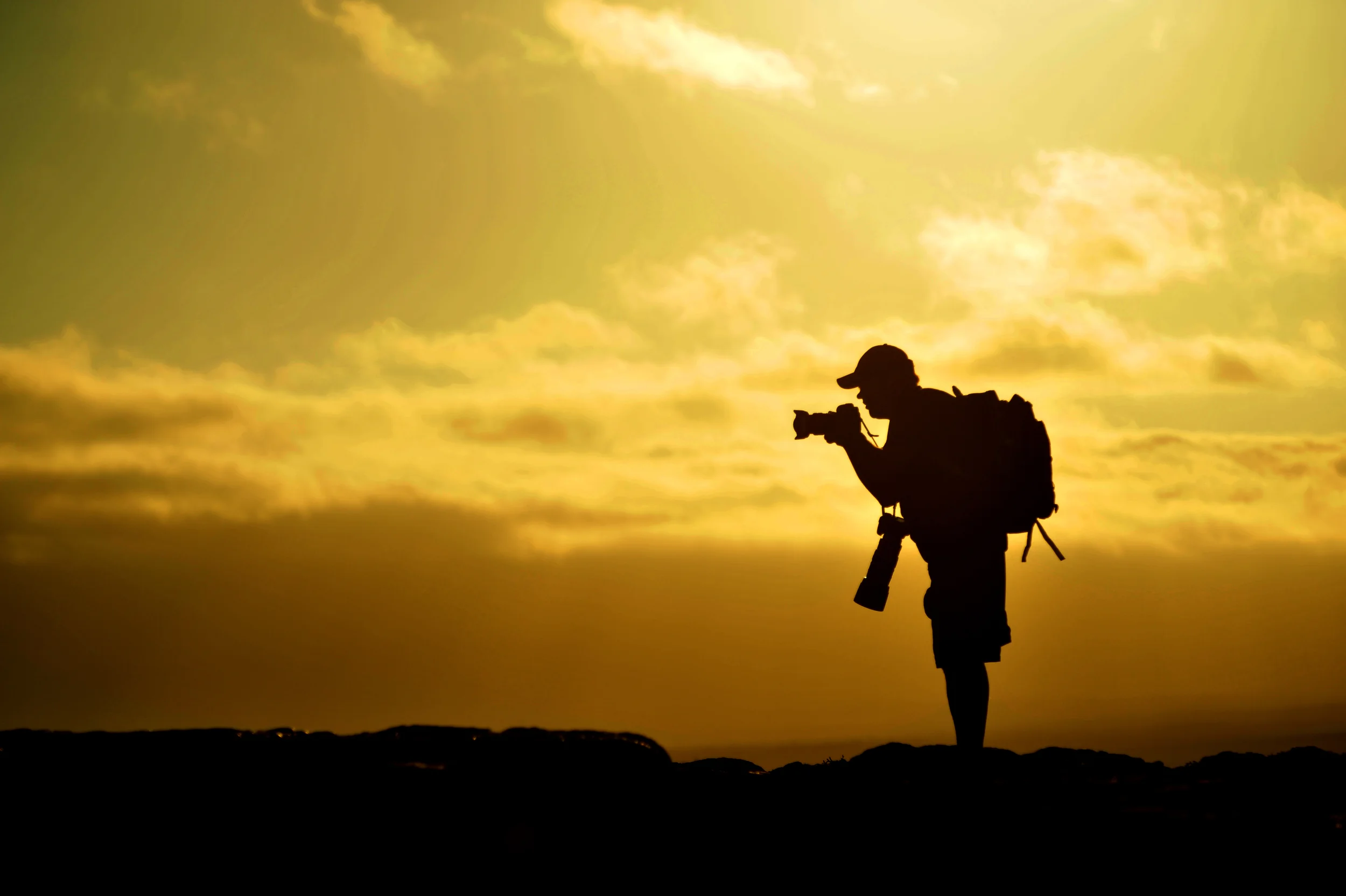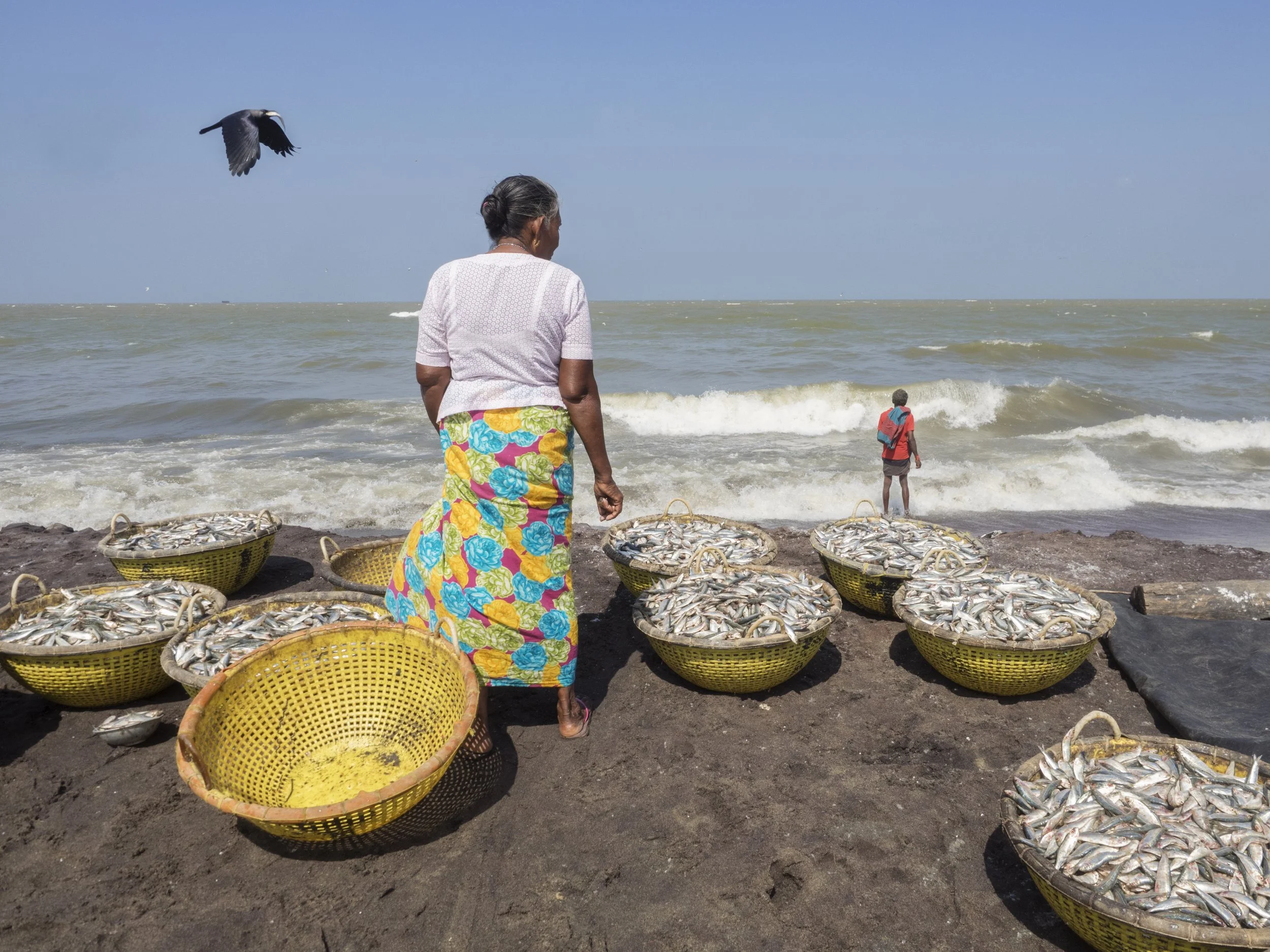







Highlights
Highlights
Sri Lanka
December 1 - 13, 2026
HIGHLIGHTS
xxxxxx
explore
xxx
xxxx
discover
xxxx
xxxxx
learn
xxxx
xxx

Itinerary
Itinerary
SRI LANKA
DECEMBER 1 - 13, 2026
Day 1 – Arrive In Colombo, Sri Lanka
Arrive at the Colombo International Airport, where you would be greeted by our representative and transferred to your hotel. The day is free to relax after a long flight.
Colombo, the bustling capital of Sri Lanka, is a vibrant city where history and modernity blend seamlessly. Explore the colonial architecture and historical sites in the Fort area, wander through the colorful and lively Pettah Market, and enjoy the serene beauty of Galle Face Green by the ocean. Visit the tranquil Gangaramaya Temple and the picturesque Viharamahadevi Park. Colombo's diverse dining scene offers a taste of Sri Lankan cuisine alongside international flavors. Whether you're interested in culture, history, or simply soaking up the lively atmosphere, Colombo has something for every traveler.
Day 2 – In Colombo
Excursion to Negombo
This morning we will proceed to the Negombo Fish Market.
Negombo is a modest beach town located just 10km from Bandaranaike International Airport, an interesting old quarter and a reasonable (though somewhat polluted) beach, Negombo is a much easier place to find your Sri Lankan feet than Colombo. The Dutch captured the town from the Portuguese in 1640, lost it, and then captured it again in 1644. The British then took it from them in 1796 without a struggle. Negombo was one of the most important sources of cinnamon during the Dutch era, and there are still reminders of the European days.
The busy centre of Negombo town lies to the west of the bus and train stations. Most places to stay, however, line the main road that heads north from the town centre, with the beachside hotel strip starting about 2km north of town.
Each day, fishermen take their oruvas (outrigger canoes) and go out in search of the fish for which Negombo is famous. They’re a fine sight as they sweep home into the lagoon after a fishing trip. Fish auctions on the beach and sales at the fish market near the fort are a slippery and smelly affair, but one that’s well worth forgoing some pool time for.
Day 03 –
Colombo to Sigiriya via Pinnawala Elephant Orphanage
Morning after breakfast we will head to The Pinnawala Elephant Orphanage, which is situated northwest of the town of Kegalle, halfway between the present capital Colombo and the ancient royal residence Kandy. It was established in 1975 by the Sri Lanka Wildlife Department in a 25-acre coconut property adjoining the Maha Oya River. The orphanage was originally founded in order to afford care and protection to the many orphaned Elephants found in the jungles of Sri Lanka.
In the evening proceed to Sigiriya declared by the UNESCO as a World Heritage Site and indentified as the 8th Wonder of the World by Sir Arthur C Clarke, science fiction writer. Climb the 5th century A.D. Rock Fortress. The vision of a patricidal king named Kasyapa transformed an awesome monolith into a cloud swept city. The mirror wall, which, protects a series of exquisite frescoes of celestial maidens which are murals using natural pigments and the Lion’s Paw entrance to the ruined palace on the summit are well worth the effort of the ascent.
Rising dramatically from the central plains, the enigmatic rocky outcrop of Sigiriya is perhaps Sri Lanka's single most dramatic sight. Near-vertical walls soar to a flat-topped summit that contains the ruins of an ancient civilization, thought to be once the epicenter of the short-lived kingdom of Kassapa, and there are spellbinding vistas across mist-wrapped forests in the early morning.
Day 04 –
Excursion to Polonnaruwa
After breakfast fast leave for Polonnaruwa another UNESCO World Heritage site and a former capital of Sri Lanka 11th to 12th century AD. An obvious South Indian influence in the architecture is noticeable. The Gal Vihare comprises of four colossal statues of the Buddha carved out of the living rock stand testimony to the skill of master craftsmen. The reclining Statue of Lord Buddha is 14 metres long.
Lankathilake or the Image House was one of the splendid shrines in Asia in the 12th century. The Watadage and the Hatadage, Gal Pota, and Kiri Vihara are also included in the visits. Visit also the Tivanka Pilimage with its priceless murals and the vast man-made lake that is the Sea of Parakrama – a feat of ancient engineering.
Day 05 –
Excursion to Anuradhapura
Morning visit to Anuradhapura to explore the ancient kingdom. Anuradhapura, which is known as one of the ancient capitals of Sri Lanka. Anuradhapura is known for its well-preserved ruins of an ancient Sri Lankan civilization. It was the third capital of the Kingdom of Rajarata, following the kingdoms of Tambapanni and Upatissa Nuwara. The ruins of Anuradhapura are one of South Asia’s most evocative sights. The sprawling complex contains a rich collection of archaeological and architectural wonders: enormous dagobas (brick stupas), ancient pools and crumbling temples, built during Anuradhapura’s thousand years of rule over Sri Lanka. Today, several of the sites remain in use as holy places and temples; frequent ceremonies give Anuradhapura a vibrancy that’s a sharp contrast to the museum-like ambience at Polonnaruwa.
Day 06 — Sigiriya to Kandy via Dambulla
We will leave early today to visit Dambulla, another UNESCO World Heritage site, to visit the rock cave temple, which is comprised of a series of 5 caverns with ceilings of natural rock covered with intricate paintings. The natural folds of the rock have been skilfully used to give the illusion of cloth. Forty eight statues of the Buddha and images of the various deities can be seen inside the cave.
Then leave for Naula to visit Karu Arts where you can see the wood carving process and you can also try your hand at it.
Enjoy a city tour of Kandy – drive around the beautiful lake and the upper lake drive. Visit the Kandy Market – a colourful array of local fruits and vegetables.
The city of Kandy, a sacred Buddhist site, popularly known as the city of Senkadagalapura, was the last capital of the Sinhala kings whose patronage enabled the Dinahala culture to flourish for more than 2,500 years until the occupation of Sri Lanka by the British in 1815. It is also the site of the Temple of the Tooth Relic or the Dalada Maligawa (the sacred tooth of the Buddha), which is a famous pilgrimage site. It enjoys UNESCO World Heritage status.
Join in the ‘pooja’ or act of worship along with the devotees who walk in a sombre mood bearing flowers and offerings.
Day 07 — Kandy
Three Temples Loop
Visit the Monasteries of Gadaladeniya, Lankatilake and the Embekke Devale, these temples belonging to the 14th century. Gadaladeniya is built of stone and reminds us of the South Indian influence of the period. Lankatilaka temple is a magnificent brick building in white and in the shrine room is found a superb seated image of the Buddha. Embekke temples are famous for their carved wooden pillars with intricate designs.
Gadaladeniya
This Buddhist temple with a Hindu annex dates from the 14th century, and the main shrine room contains a stunningly beautiful, gilded seated Buddha. Built on a rocky outcrop and covered with small pools, the temple is reached by a series of steps cut into the rock. You may encounter it protected by scaffolding and a tin roof to prevent further rain-induced erosion. It's 13km southwest of central Kandy.
Lankatilake
This impressive 14th-century temple, mounted on a rocky bluff, is the most imposing in the region.It's divided into two halves – one half Buddhist and one half Hindu – and features a seated Buddha image, Kandy-period paintings, rock-face inscriptions and stone elephant figures. A caretaker or monk will unlock the shrine if it’s not already open. A perahera (procession) takes place in August. The setting is as memorable as the temple. It's located 15km southwest of Kandy.
Embekke Devale
Dedicated to the worship of the Hindu deity Mahasen, this beautiful temple, with its finely carved wooden pillars depicting swans, eagles, wrestling men and dancing women, was constructed in the 14th century. The best carvings are in the so-called drummers' hall.
Day: 08 – 09; One night
Heritance Tea Factory, Nuwara Eliya
Day 8 –
Kandy to Nuwara Eliya
Today we will drive and make several photo stops as we cruise along mountains carpeted with emerald green tea plantations and gushing waterfalls. We will head to the colonial hill town of Nuwara Eliya, which became a popular 19th-century resort for British tea planters seeking respite from the lowland heat. Today, the town continues to produce some of the world’s finest tea. Explore this “Little England” on foot, photographing colonial-style bungalows, red telephone boxes, and the town’s brick Victorian post office. In the afternoon, document the tea harvesting process as we hike the terraced fields of a tea estate, capturing portraits of local tea pickers.
Day: 09 – 10; One night
98 Acres, Ella
Day 09 –
Nuwara Eliya to Ella
We board the train that takes us from Nuwara Eliya to Ella, with a box lunch aboard the train enroute.
Ella is a pretty hill-country town, set among some of the most beautiful mountain views in SriLanka. Set on the southeastern edge of Uva Province, Ella is one of the hill country’s most appealing destinations. This is the closest thing to an English country village you’ll find in Sri Lanka, enjoying a pleasantly temperate climate and surrounded by idyllic green hills blanketed in tea plantations and offering some good walking, as well as one of the finest views in Sri Lanka.
Day: 10 – 12; Two nights
Galle Fort, Galle
Day 10 –
Ella to Galle
After breakfast we will head to Galle, the seafarer’s capital. The natural harbour and the Dutch Fortress with its towering ramparts, and the mediaeval Dutch buildings, are part of a UNESCO World Heritage site.
Stroll around the Fort with its paved driveway, alleys, shops, restaurants and guest houses. Galle Dutch Fort has a magical feel to it taking you back in time, perhaps 400 years ago. Photo opportunities are everywhere!
Today on the way we will get a chance to shoot the stilt fisherman.
Day 11 –
In Galle
Sunrise shoot of fisherman. Early morning travel to a designated beach.
The section of coast between Dalawella and Ahangama is the best place to witness one of SriLanka’s most emblematic sights, stilt fishermen. The stilts consist of a single pole and crossbar planted out in the sea, on which fishermen perch while casting their lines when the currents are flowing in the right direction (most likely to happen between Oct and Dec, especially at sunset). Positions are highly lucrative thanks to the abundant supplies of fish, even close to shore, and are handed down from father to son.
This area is predominantly filled with fishing villages and local fish markets. Visit a local school and a village. Enjoy the golden sandy beaches and warm water of the India Ocean.
Day: 12 – 13; One night
Jetwing, Colombo
Day 12 –
Drive to Colombo and Final Departure
Today, you will head to Colombo, where your room has been reserved until your departure. The day in Colombo is yours to relax, repack, or indulge in some last-minute shopping before your journey home.

Lodging
Lodging
SRI LANKA
DECEMBER 1 - 13, 2026
Desesti Village, Maramures region:
4 nights - Roca Guesthouse, 3*
Sighisoara:
1 night - Central Park Hotel

Quest Leaders
Quest Leaders
SRI LANKA
DECEMBER 1 - 13, 2026
MIRJAM EVERS
Mirjam Evers is a New York City based travel photographer who specializes in travel images, portraiture, landscape photography and adventure images. Born and raised in the Netherlands, Evers has photographed in more than 90 countries, including many of the most exotic places in the world. Evers' photographs are indicative of her unique capacity to personally connect with diverse cultures and communities. Her eye for location lighting is highly stylized and works to illustrate and heighten the unique characteristics of each international locale. She is able to transcend cultural and language barriers with an intangible spirit that is conveyed in every image. Evers is one of the founders of Photo Quest.
Selected Publications: AFAR, The New York Times, The Washington Post, Departures, Golf Magazine, AARP, Outdoor Photographer, Outside Magazine, PDN, American Photo, Popular Photography, Digital Photo, MSN Travel and Town & Country Magazine.
DEANNE FITZMAURICE
Deanne is a Pulitzer Prize winning documentary photographer and multimedia storyteller based in San Francisco, California. She is a regular contributor to Sports Illustrated and ESPN the Magazine, and has been published in TIME, Newsweek, The Economist, Stern, and GEO. Deanne’s work has received awards from Pictures of the Year International, NPPA Best of Photojournalism, and the Casey Medal for Meritorious Journalism. Her imagery is part of the permanent collection at the Newseum, and their traveling exhibition of Pulitzer winning photographs. Additionally, her work has been exhibited at Visa pour L’Image in Perpignan, France, and with UNICEF Photo of the Year. When not on assignment, Deanne often lectures and teaches workshops.

Facts
Facts
SRI LANKA
DECEMBER 1 - 13, 2026
ABOUT ROMANIA:
Bordered by Bulgaria, Serbia, Ukraine, Hungary and Moldova, Romania also has a stretch of coastline along the Black Sea. Much of Romania's terrain is mountainous with the Carpathian Mountains and Transylvanian Alps occupying parts of the central and northern regions. Home to a large number of glacial and karstic lakes, rivers and lagoons, Romania's splendid scenery will take many by surprise. Considerable amounts of arable land, orchards, vineyards, rural pastures and farmland are significant features of Romania's countryside.
ABOUT BUCHAREST:
Bucharest was first mentioned in official documents in 1459 during the rule of Vlad III or Vlad the Impaler, a character who inspired Bram Stoker to write the novel Dracula which is now a global phenomenon, being one of the first things associated with Romania. In Bucharest you will see what is left of Vlad’s princely court and you will hear more about him while in Transylvania.
LANGUAGE
Romanian (limba romana) is the official language of Romania. The name Romania, and its derivatives, come from the Latin word 'Romanus,' a legacy of Roman rulers who took control of ancient Dacia in 106 A.D. Romanian retains a number of features of old Latin, such as noun cases, which other Romance languages dispensed with a long time ago.
CLOTHING
Bring light and lightweight comfortable clothes for the days and something medium weight to layer with in the cooler evenings. As always, bring a thin, waterproof shell - chances are you will not need it, but you never know. Wear good walking shoes.
ELECTRICITY
The voltage is generally 220 V, and outlets will fit the two-pin plug known as the Europlug.
RELIGION
87% Romanian Orthodox, with Greek and Roman Catholic, Reformed/Lutheran, Unitarian, Muslim and Jewish minorities.
FOOD
Romanian cuisine is an eclectic mix of different cultural influences with elements from Turkey, Germany, Hungary all easily discernible.
Traditionally, Romanian food tends to be stodgy and meat-based, revolving around dishes such as ciolan afumat (smoked pork knuckle with beans), mamaliga (cornmeal polenta) and carnaţi de pleşcoi (mutton sausages).
Breakfasts almost always include eggs, either soft-boiled, hard-boiled, fried or scrambled, and omelettes filled with either cheese, ham or mushrooms are also frequently served.
PASSPORT AND VISA REQUIREMENTS
US citizens do not need a visa to enter Romania and may stay up to 90 days. A passport valid for a minimum of 6 months beyond intended stay is is required.
CLIMATE
The best times to visit in terms of climate are the end of April to the beginning of July as temperatures are mild and pleasant. Summers can be hot especially in Southern Romania, including Bucharest, but along the Black Sea Coast, sea breezes offer moderate temperatures.
MONEY
Romania uses the Romanian Leu. Major credit cards are widely accepted in the main tourist centers with a surcharge.
COUNTRY DIALING CODE
Telephone Country code is +40

Quest Gear
Quest Gear
SRI LANKA
DECEMBER 1 - 13, 2026
Recommended gear
Computer / Digital Accessories
Laptop with charger and Photoshop CS6 and Lightroom or Photomechanic (not mandatory)
Portable hard drives like Lacie hard drives
Card reader
All cables for drives, computer, card readers, storage devices, etc.
Power converters/adapters for all international quests
Other
Cover for camera (for shooting in the rain); Fotosharp makes simple, inexpensive covers
Lightweight tripod (carbon fiber)
Cable release (for night shots)
Small headlamp and flashlight
Camera Gear
Camera and extra body SLR
Battery charger
Extra batteries
Memory cards (bring plenty)
Sensor cleaning supplies
Flash with plenty of batteries
Wireless transmitter for flash
Lenses
4-70mm for portraits
70-200mm lens for portraits.
Polarizing filter(s)
Lens hoods for all lenses
Lint-free cloth to clean lenses and blower ball for dust
Lensbaby if you have one (or else you can try ours)

Pricing
Pricing
SRI LANKA
DECEMBER 1 - 13, 2026
Cost per person
$7900 based on double occupancy. Single supplement is an additional $1850.
PQA will try to match you with a roommate if you do not opt for a single supplement. However, if a roommate is not available, you will be charged the additional single supplement fee.
Limited to 6 participants.
Not included
Airline tickets to and from Romania
Alcoholic beverages
Included
Meals
Hotels based on double occupancy
Single rooms available upon request
3 lunches, one of them with wine tasting
8 dinners
Entrance tickets and visits to craftsmen, workshops and locals mentioned in the description
Private transfers from the airport to hotel
We highly recommend that you purchase travel insurance.
PhotoQuest Adventures has partnered with Exito Travel to offer our clients comprehensive air services. No more hassle of booking your own flights—use our form to connect with a personal agent and secure the best rates. Once a request has been submitted, Exito will send detailed flight options to you.













